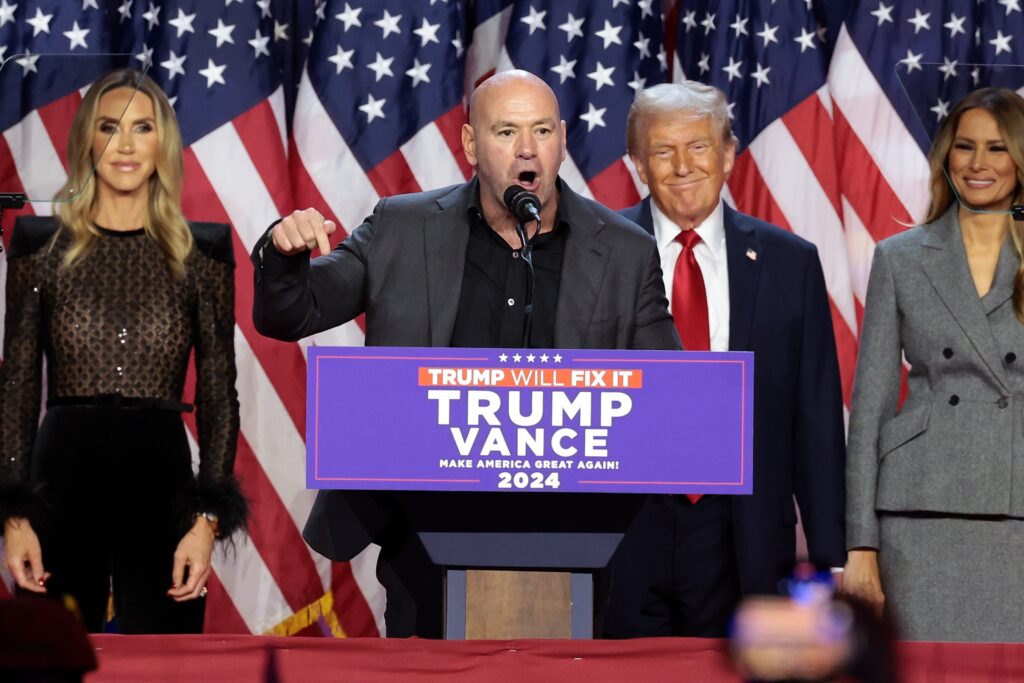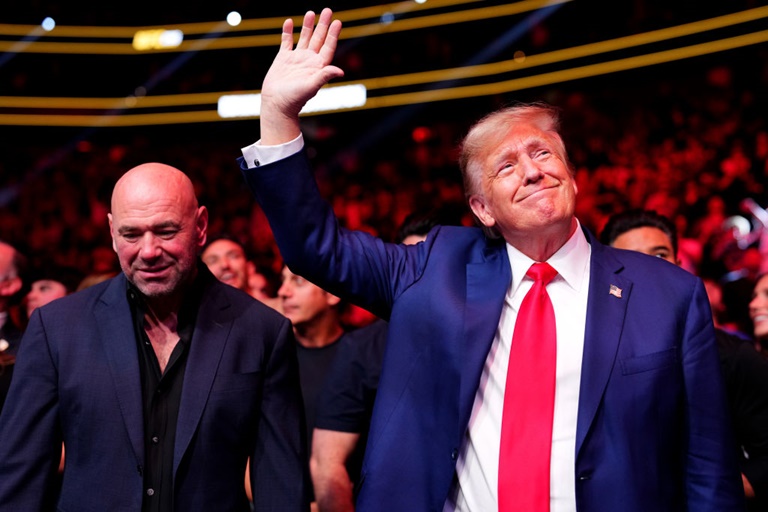Boxing and MMA have long operated under different rules when it comes to how fighters are paid and what they know about the money behind their fights. Now, a new push to change the Muhammad Ali Act Boxing Reform, the law designed to protect boxers from unfair treatment, is sparking fresh debate about who really controls fighter pay.
As major promotion companies like TKO, owner of the UFC and WWE, look to expand into boxing, some fear that changes to the Ali Act could strip boxers of key protections and give promoters more power to limit what athletes earn. A former boxing world champion has warned that without the legal safeguards of the Ali Act, boxers could find themselves in the same position as many MMA fighters: stuck with capped pay and little transparency about where the money goes.
The Muhammad Ali Act
The Muhammad Ali Boxing Reform Act, known as the Ali Act, was passed in 2000 to protect professional boxers from exploitation and unfair practices by promoters. The law requires promoters to disclose financial details of fights, including revenue distribution, to boxers, and it limits the power promoters can have over fighters through exclusive contracts. The Act also allows boxers to take legal action if they believe a promoter is not being transparent or is violating the law.
Recently, TKO Group, which owns the UFC and WWE, has asked for amendments to the Ali Act as it looks to expand into boxing promotion. The company says it wants to “enhance” the Act to give boxers more opportunities and protections, but details of the proposed changes have not been made public. This move has sparked debate about what these changes could mean for athletes, especially regarding pay transparency and bargaining power.

Former world boxing champion Paulie Malignaggi has warned that changing the Ali Act could allow UFC president Dana White to cap boxer pay in a way similar to how UFC fighters are paid now. Malignaggi points out that a key part of the Ali Act is the transparency it requires from promoters. In boxing, if a fighter suspects that a promoter is hiding revenue or not paying fairly, the fighter can take the promoter to court or arbitration because the law requires disclosure of financial information.
In an interview with Spin Genie, Paulie Malignaggi explained:
“One layer of the Ali Act which is very, very important is the transparency of the numbers. Don’t get me wrong, in boxing it’s still very hard to enforce the Ali act, but here’s the thing. If you don’t believe your promoter is being transparent with the full numbers, in boxing, you can take them to court, or you can take it to arbitration.
“If Dana doesn’t want to show them to you [the revenue from a UFC show], there’s no court hearing, because there’s no rule or law saying that fighters are entitled to see these numbers or to say they are entitled to a bigger chunk of this money. So therefore the UFC can generate as much money as they want. You are only guaranteed what you’re told you’re making, and that’s it. That’s the ceiling in MMA.”
Unlike boxing, there is currently no law in MMA that requires promoters to disclose revenue or negotiate pay in a transparent way. In the UFC, fighters are paid what their contracts state, and they do not have the legal right to see the total revenue from events or to claim a bigger share. Malignaggi and other critics argue that if the Ali Act is weakened or changed to match the UFC model, boxers could lose the ability to challenge promoters over pay and transparency.


The UFC and TKO say their goal is to create more opportunities for boxers and revive the sport in America. However, some fighters and fans are concerned that changing the Ali Act could reduce protections for boxers and allow promoters to control pay without oversight. Critics argue that the Ali Act is one of the few tools fighters have to ensure fair treatment and that any changes should be closely examined.












